Actualidad

The inscription period for the Rafael Bernabeu Foundation student scholarships has opened
With the aim of supporting and boosting the university studies of students with limited financial resources and a good academic record, the Instituto Bernabeu Rafael Bernabeu Foundation has launched the 2017 edition of its university …
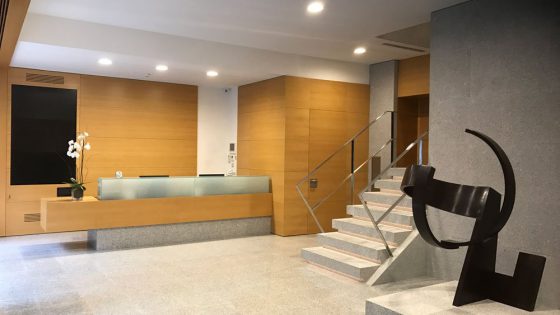
Instituto Bernabeu opens its sixth clinic in Madrid city centre
The Instituto Bernabeu Group is growing and a new clinic has opened in the centre of Madrid. This is the sixth clinic belonging to this leading entity in reproductive medicine with headquarters in Alicante.
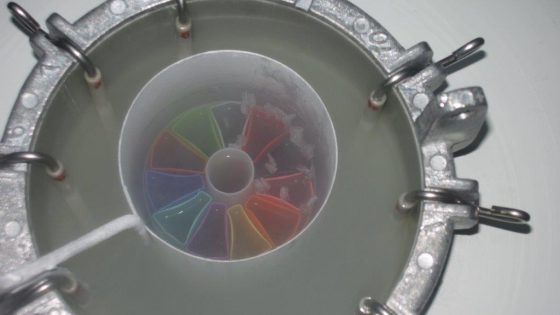
The Instituto Bernabeu group presented 5 pieces of research work at the Belgian Fertility Society Congress held in Mons in November.

New IB Newsletter: DON’T LET YOUR DOUBTS HOLD YOU BACK Ask our personalised counselling unit.
New issue of Instituto Bernabeu corporate newsletter (IB NEWSLETTER) about Instituto Bernabeu’s Personalised Counselling Unit (PCU). Provides its patients with a trained team of staff and who are in direct contact with the medical healthcare team …
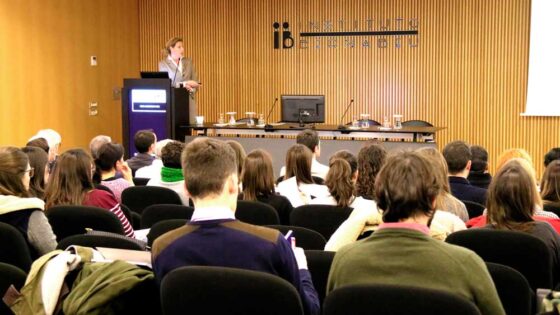
Great attendance to the conference on Updates in Andrology and Male Fertility
The last Thursday, a workshop focused on updating health professionals on the recent advances in the field of andrological fertility, took place in the auditorium of Instituto Bernabeu Alicante.

Instituto Bernabeu will participate from the 5th to the 7th of January to Fertility 2017: the British Fertility Society Congress’ , that will take place in Edinburgh and will be attended by our clinic researchers like every …
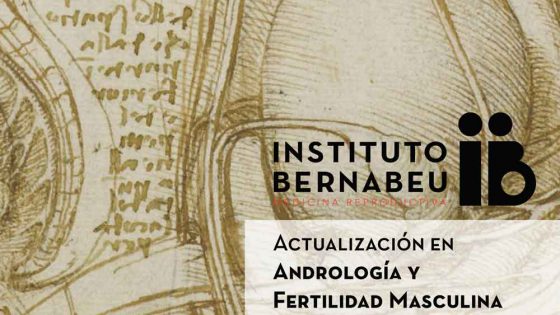
Updates in andrology and male fertility
On 12th January 2017, from half past four in the afternoon, Instituto Bernabeu will hold an Updates in Andrology and Male Fertility event in the clinic’s auditorium.
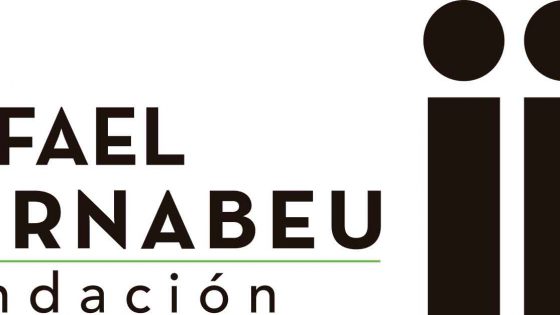
New issue of Instituto Bernabeu corporate newsletter (IB NEWSLETTER). Throughout 2016, the Rafael Bernabeu Social Welfare Foundation has continued with its commitment to society by providing financial support for entities, NGOs and people who are facing …
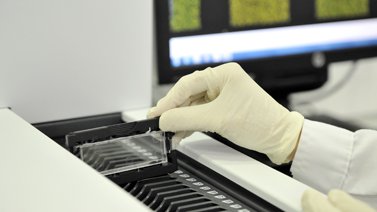
The Belgian Society of Assisted Reproduction Congress was held in Moons in November. The Instituto Bernabeu group took part in 5 research projects which were accepted for presentation by the scientific committee.
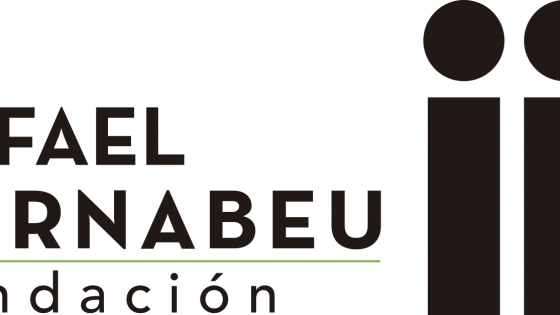
Summary of our Foundation activity in 2016
Like every year, we want to share with our patients and friends the summary of activities that have been carried out from Rafael Bernabeu Charitable Foundation. Thank you all very much!
